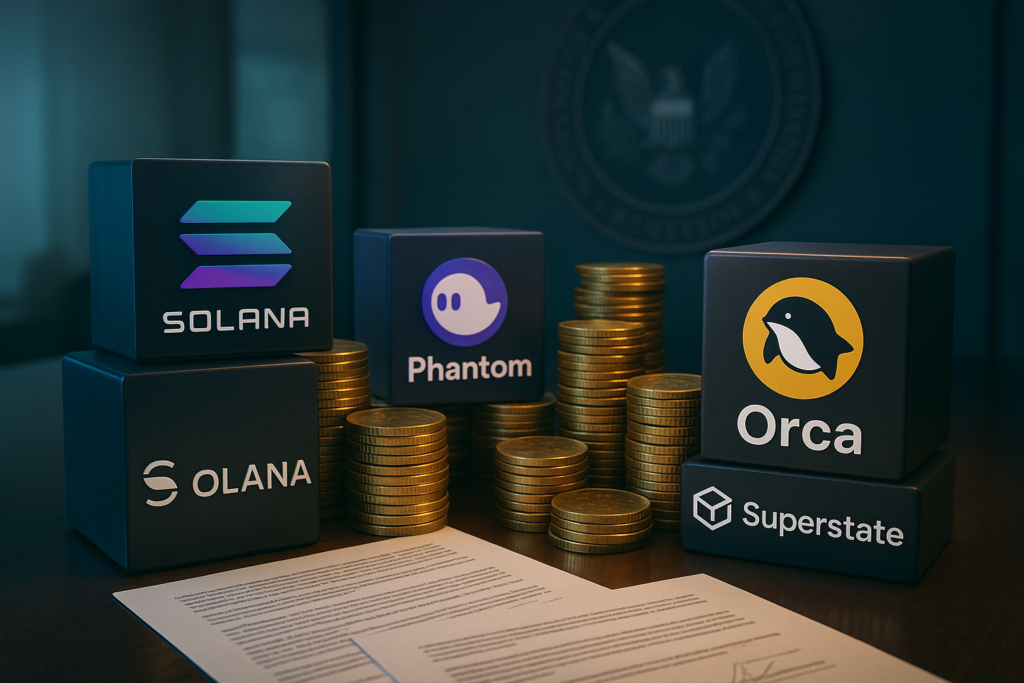The Solana Policy Institute (SPI), a new Washington D.C.-based lobbying group, has submitted comprehensive legal frameworks to the U.S. Securities and Exchange Commission’s Crypto Task Force. Partnering with Phantom, Orca, and Superstate, SPI aims to enable compliant tokenized securities for U.S. markets.
These frameworks propose a legal pathway for tokenizing traditional financial instruments like stocks, bonds, and funds on blockchain networks — making them more accessible, transparent, and efficient.
Project Open: Redefining Capital Markets
At the heart of this submission is Project Open, SPI’s regulatory framework designed to modernize U.S. capital markets using decentralized blockchain technology.
“Project Open has the potential to unlock transformative change for capital markets,” SPI stated.
The framework outlines how tokenized assets can:
- Trade 24/7
- Settle instantly
- Reduce transaction costs
- Improve market transparency
- Preserve strong investor protections
These benefits could give the United States a competitive edge in financial innovation by supporting emerging digital infrastructure.
Advocating for Exemptions in Securities Law
A key component of SPI’s pitch is the argument that autonomous, non-custodial blockchain protocols like Orca are not equivalent to traditional financial intermediaries.
Decentralized protocols do not “interpose” between peers — they are self-operating systems where users retain control of their assets.
SPI has requested the SEC grant “exemptive relief” to such protocols. This would prevent them from being classified as brokers, dealers, or exchanges, which are roles designed for centralized entities.
Phantom, Orca, and Superstate: Real-World Use Cases
The involvement of Phantom (crypto wallet), Orca (decentralized exchange), and Superstate (financial infrastructure) showcases how the Solana ecosystem has already built an alternative financial system.
These platforms allow users to interact directly, without intermediaries — fulfilling the same functions as traditional markets with greater transparency and control.
Conclusion: A New Era for Regulated Blockchain Finance
This coordinated effort demonstrates that Web3 builders are ready to comply — not resist — when given clear, modernized regulations. The SPI submission reflects a growing industry movement toward bridging blockchain with U.S. financial law.
As the SEC continues to evaluate its crypto policies, frameworks like Project Open may shape the future of digital securities in America.
Disclaimer
This content is for informational purposes only and does not constitute financial, investment, or legal advice. Cryptocurrency trading involves risk and may result in financial loss
